Pelješac Tradition Museum Opens Ahead of Tourist Season
April 16, 2022 - The Pelješac Tradition Museum exhibits a unique collection of amphorae, old tools, bread ovens, and 19th-century olive mills collected by the Mikulić family.
An impressive collection of amphorae more than two thousand years old, grinders, barrels, brandy cauldrons, old tools, fireplaces, bread ovens, paintings of the Virgin Mary, patron saint of vineyards, saddles, and a 19th-century olive oil mill of the famous Dubrovnik family Sorkočević - are just some of the exhibits in the unique collection that Mikulić family members have been collecting for years.
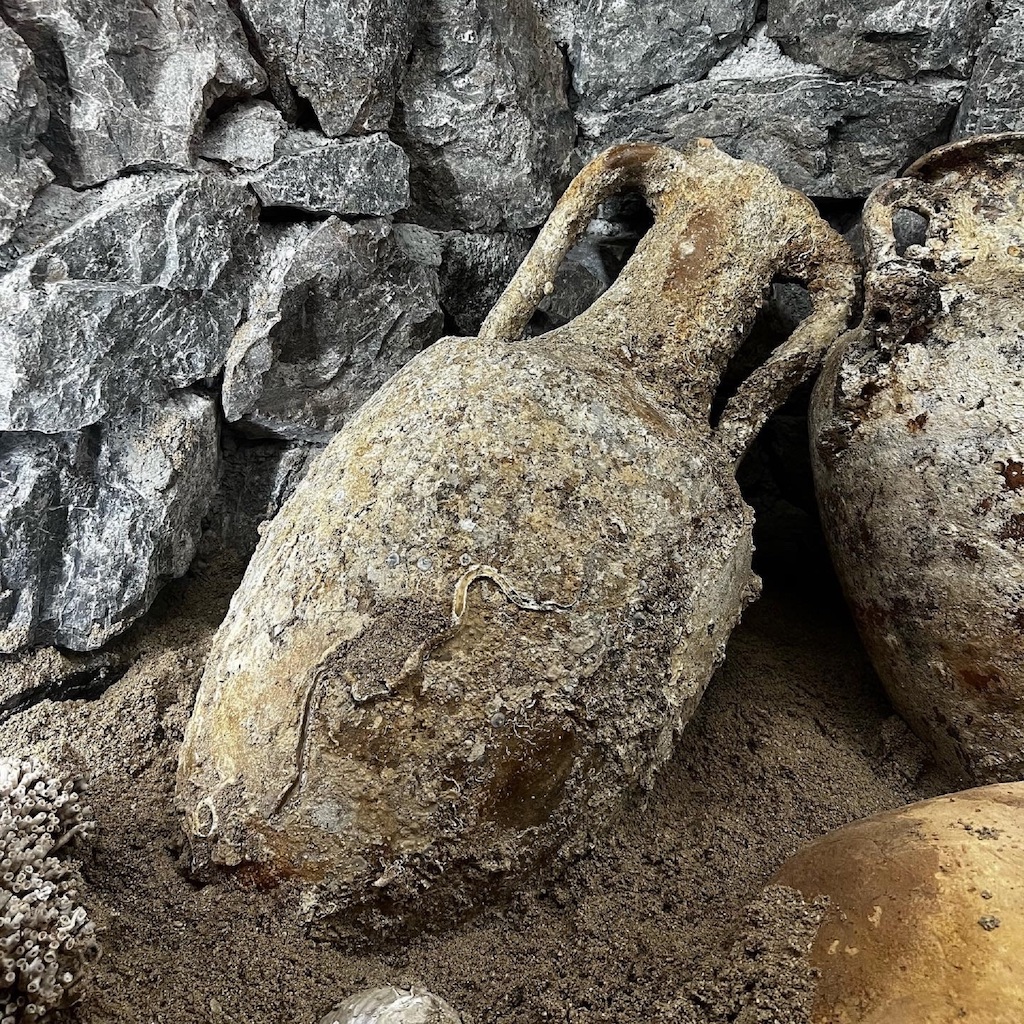
In order to tell a story about the tradition and beauty of life on Pelješac, they opened the "Pelješac Tradition Museum" as part of their famous boutique winery in the Postup wine-growing location of Mokalo. An experience for all the senses because the tour ends with a tasting of their top pošip and postup, among which Don Josip stands out.
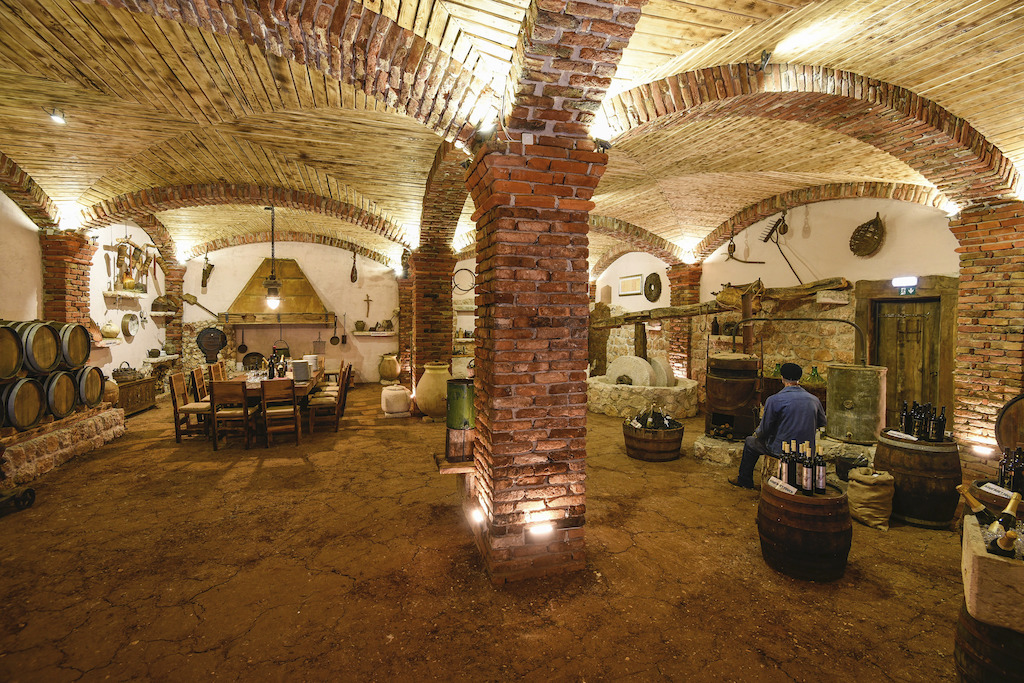
"Our son Antonio named our famous act as a sign of respect for his grandfather Josip, from whom he inherited his love for viticulture, winemaking, and olive production. We have been engaged in vine growing and winemaking for generations, as have many families on Pelješac. We dedicated this museum to them, the farmers of Pelješac. Our tour symbolically begins in front of a picture of grandfather Josip and grandson Antonio; the focus is on wine transported from Pelješac in amphorae in antiquity and until the middle of the last century in bellows on loads and mules in a caravan. We have shown all this in our Museum, and in the end, the impressions are best gathered with wine," points out Igor Mikulić, who realized his dream by opening the Pelješac Tradition Museum.
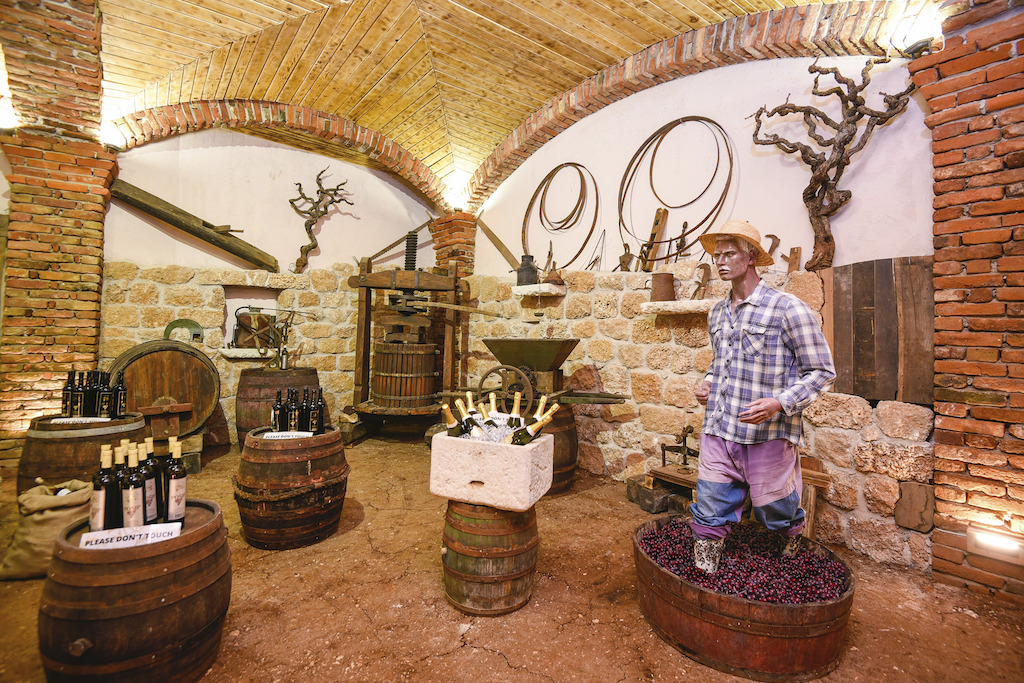
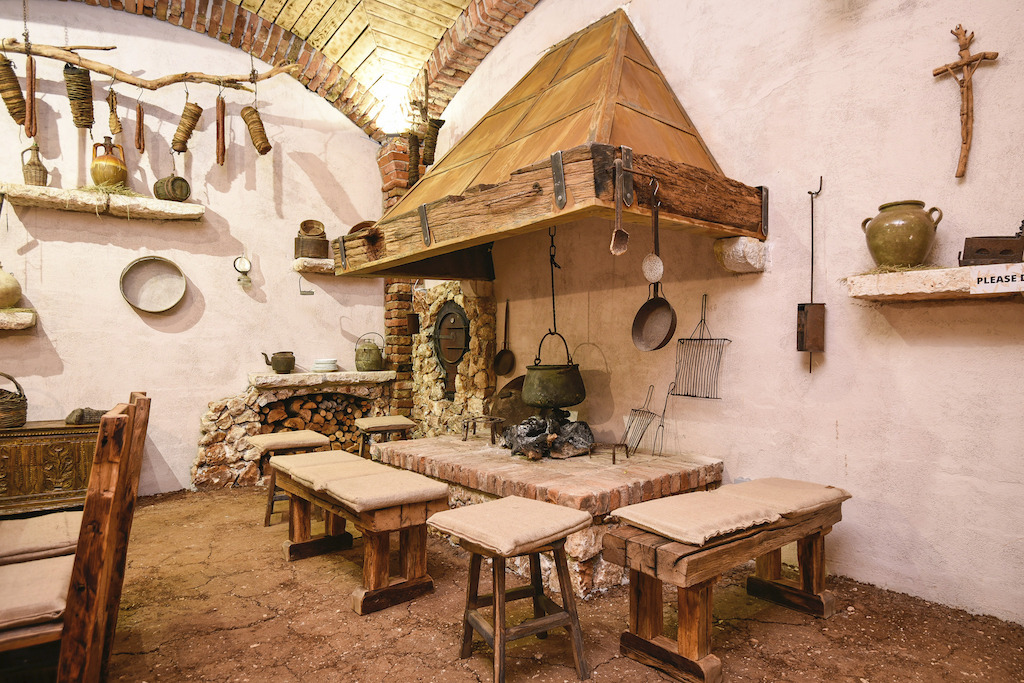
He has been creating this rich collection for years, although most of the exhibits have been very well known in tourist and wine circles for generations owned by families. His son Antonio, daughter Adriana, and wife Sabina are also involved in the business.
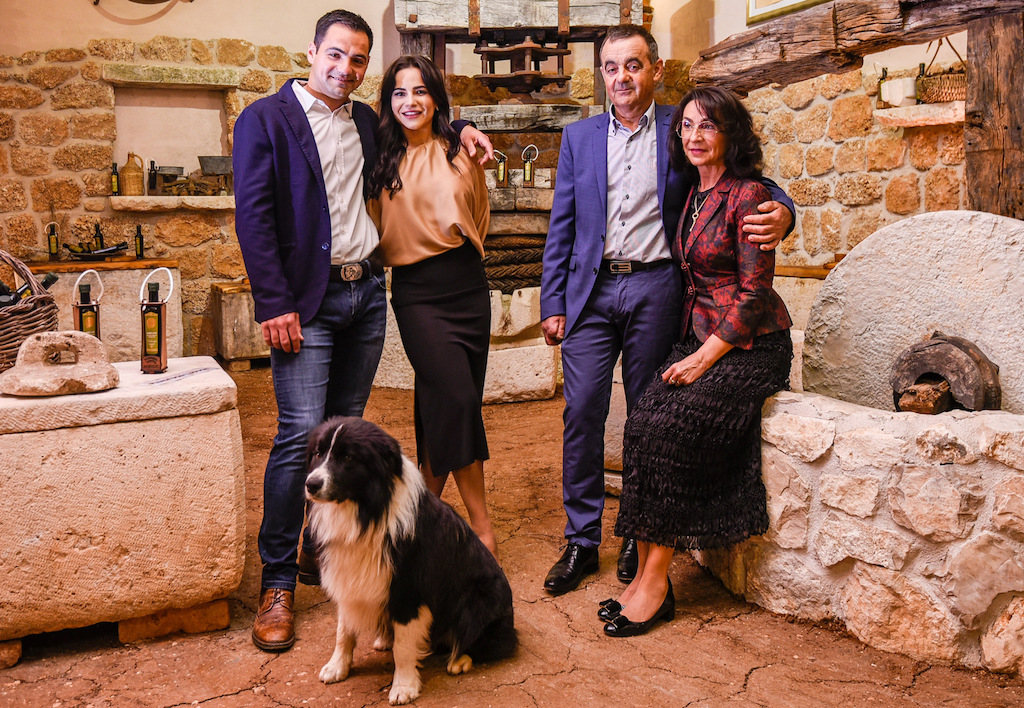
The new project opened before Easter, and they completed the rich offer ahead of the new tourist season. In addition to the unique Adriatic wine resort camp and glamping and the award-winning boutique winery in Mokalo, they own the luxury heritage hotel Adriatic with a beautiful la carte restaurant.
All photos by Boutique vinarija Mikulić
For more, check out our lifestyle section.
Pelješac Cellar Festival Starts Tomorrow on the Famous Dalmatian Peninsula
May 14, 2021 - Starting tomorrow, the Pelješac Cellar Festival will take place in one of the most famous wine regions, and it will include discounts, workshops, and more!
Pelješac is well known for its wines, derived from the iconic Plavac Mali grape, which is responsible for the powerful reds made in the region. For some Croatian wine experts, the Plavac from the slopes of Dingač and Postup are among the best wines in the country.
The fame of the peninsula among wine lovers is indisputable, and to their delight, starting tomorrow a new edition of the Wine Festival will take place in Pelješac, the Pelješac Cellar Festival, and will last for a month.
As hrturizam.hr reports, wineries, shipowners, shellfish farms, family farms, restaurants, and taverns… 53 of them from all over the peninsula joined the largest event on Pelješac so far, the Pelješac Cellar Festival, which starts from Saturday, May 15 until June 15, 2021.
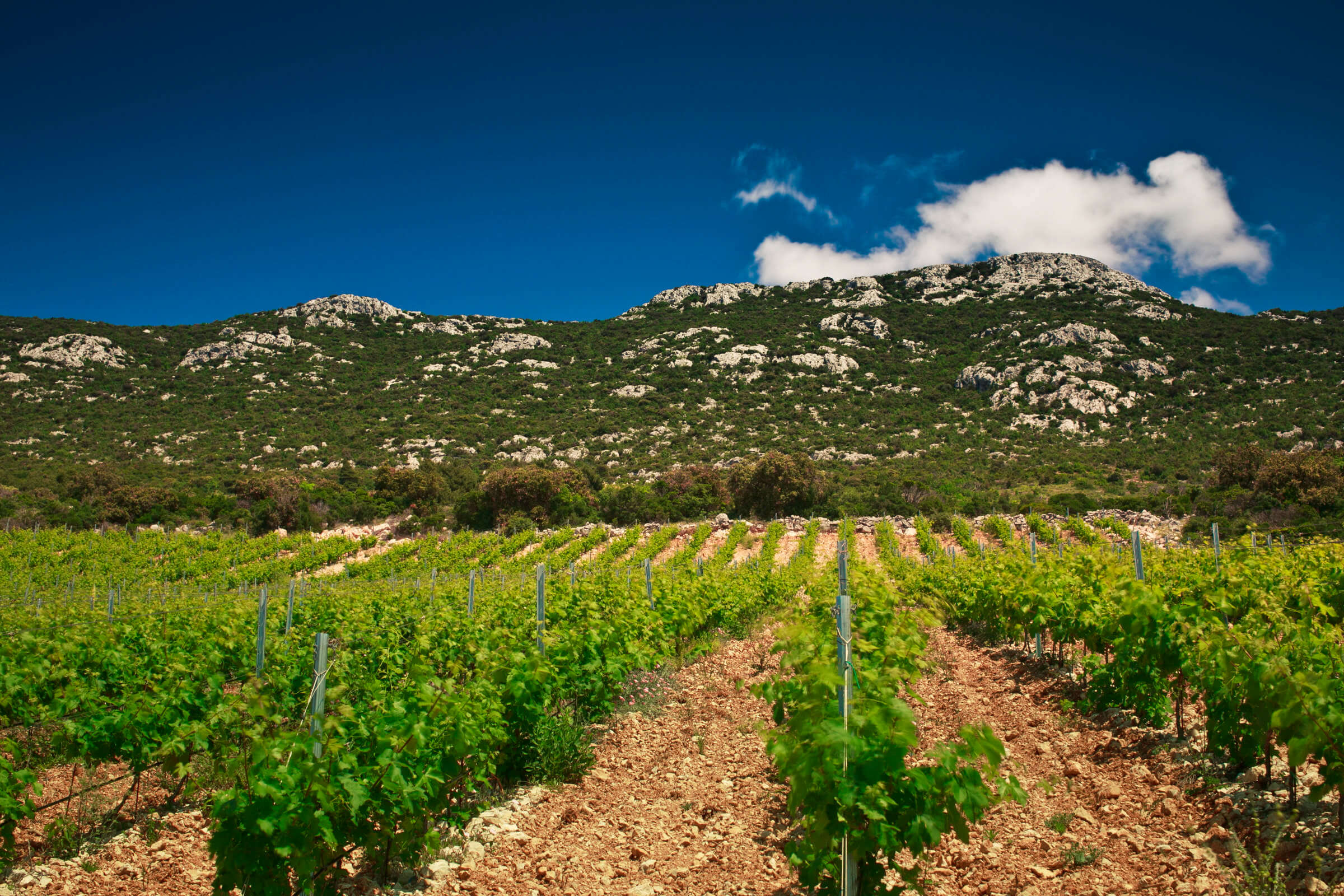
During the festival, the wineries participating in the project will offer their visitors discounts on wine (20% on certain wine palettes), and restaurants and taverns will have menus with traditional Peljesac specialties with a glass of local wine designed specifically for the festival (two menus, one of 120 kuna and one of 180 kuna). The festival will also include educational workshops, professional lectures, and various other events of interest to wine lovers.
‘‘We are glad that a large number of winemakers have joined the Pelješac Cellar Festival, which focuses on Plavac Mali, a trademark of our peninsula and one of the largest wine brands in Croatia. All research confirms that the eno-gastronomic offer is among the first three motives for tourists to come to our country, and our wine empire with famous vineyards such as Ponikava, Dingač, and Postup, has become a real tourist attraction and not only for wine lovers. As part of the Festival on June 4th and 5th, we are organizing the traditional Pelješac Cellars Open Days, an event that usually takes place in December. We hope that this June version will become another traditional wine festival’’, said Slobodan Rosić, secretary of the associations Pelješac Wine Routes and Plavac Mali Pelješac.
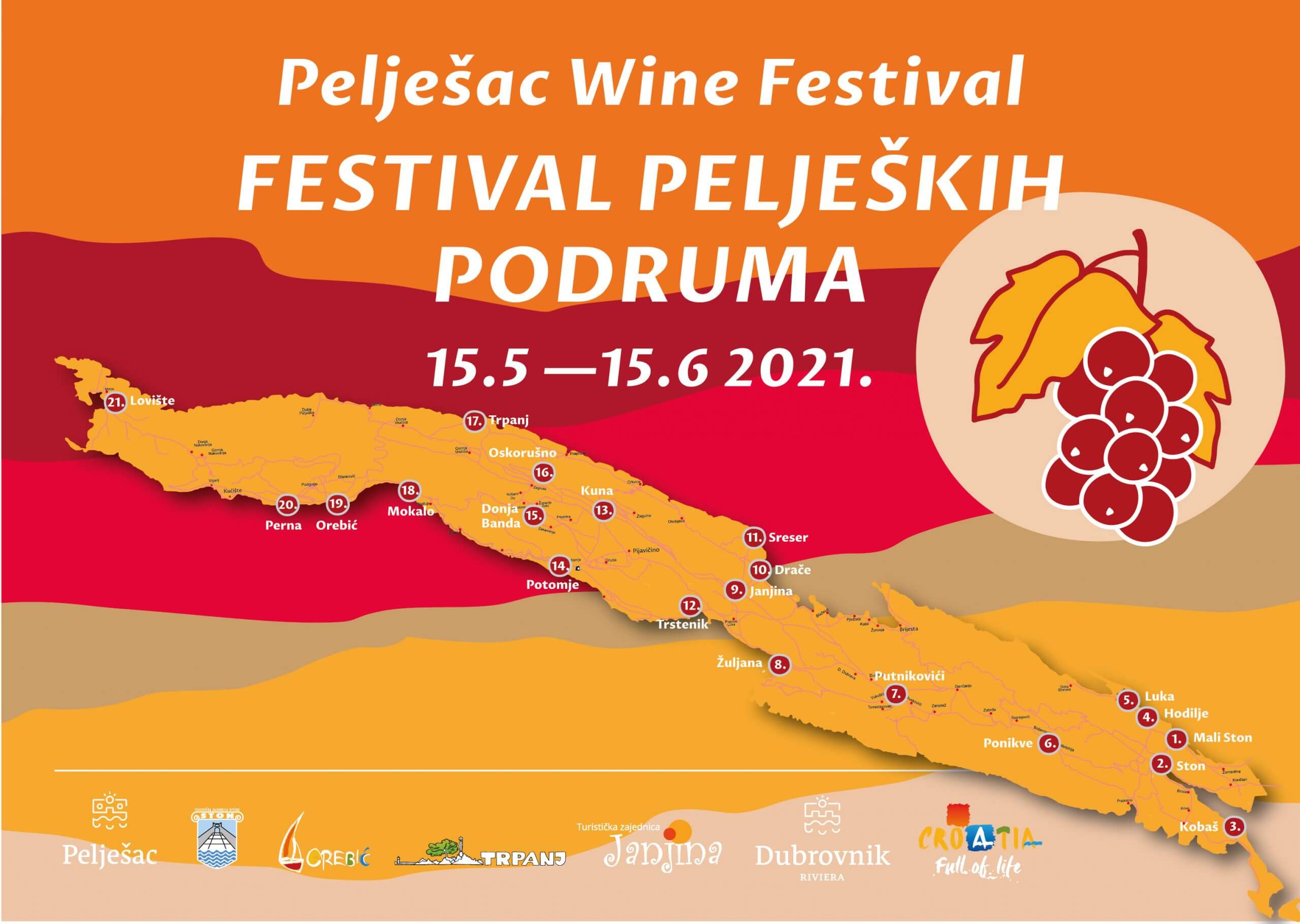
The director of the Ston Tourist Board, Fani Slade, pointed out that all four tourist boards from Pelješac are participating in this project in addition to Ston: the Tourist Boards of Janjina, Orebić, and Trpanj, and the idea was realized in cooperation with Feel IQM. He says that the Festival would not have been possible without the support of the associations Ston's Shellfish, Pelješac Wine Routes, and Plavac mali Pelješac, as well as the Ston Walls, Solana Ston, and the Maritime Museum in Orebić.
‘‘We have taken care of epidemiological measures, so there is no mass gathering during the event, and we plan to hold an accompanying program such as wine workshops and conferences online. We also recommend all visitors announce their arrival at the winery, family farm, restaurant, or tavern in advance. We believe that next year the pandemic will be behind us, so the second edition of the Pelješac Cellars Festival will offer a rich entertainment and educational program’’, says Slade.
Croatian wines and grapes are among the best in the world, and you can find more information about them in Total Croatia’s Guide to Croatian Wine HERE. You can also learn more about what the Pelješac peninsula can offer you on your next trip, in Total Croatia’s Pelješac peninsula on a page, HERE. Total Croatia’s articles are now available in your language!
For more on travel in Croatia, follow TCN's dedicated page.
Ponikve on Peljesac Becomes Protected Origin Designation of Croatian Wines
February 15, 2021 – Croatian wine gets another protection as Ponikve on Peljesac becomes a protected designation of origin for Croatian wines in the European Union.
As Dubrovnik-Neretva County reports, Ponikve, a wine-growing position on the Pelješac peninsula near the Municipality of Ston, has become a protected designation of origin for Croatian wines in the European Union.
On February 10, 2021, the European Commission published that "Ponikve" had entered the register of protected designations of origin and protected geographical origin (ZOI), becoming the 17th protected designation of origin for Croatian wines whose name is registered in the EU.
Along with Ponikve, protected designations of origin of Croatian wines in the EU are the Dalmatian hinterland, Dingač, Croatian Istria, Croatian Danube region, Croatian coast, Eastern Continental Croatia, Moslavina, Plešivica, Pokuplje, Prigorje-Bilogora, Coastal Croatia, Northern Dalmatia, Slavonia, Central and Southern Dalmatia, Zagorje-Međimurje, and Western Continental Croatia.
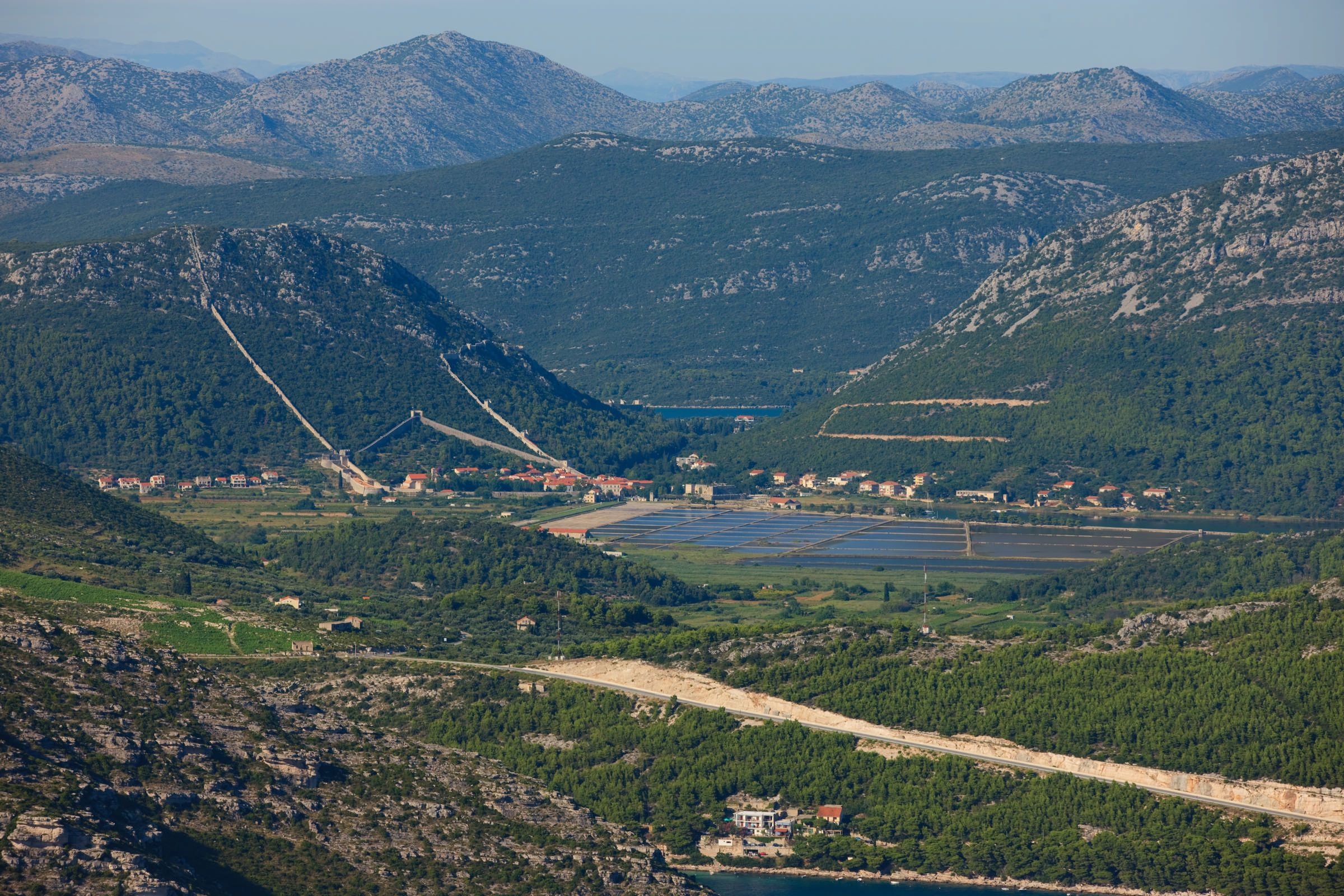
Ston / Photo: Romulić and Stojčić
The aim is to label the products, namely, wine, and highlight the name of the Ponikve locality following EU regulations, to easily identify the specifics of the vineyard locality.
The protected designation of origin covers the vineyard position of Ponikve located in the cadastral municipality of Boljenovići on the Pelješac peninsula near Ston, within the Pelješac vineyards in the Central and Southern Dalmatia subregion.
"Ponikve" stretches from the bay Prapratno in the southeast to the place Sparagovići in the northwest. On the north side is Ilija hill, and on the south is the state road Ston-Orebić. Ponikve is located in a hilly area with some smaller valleys and fields. The relief is typical karst.
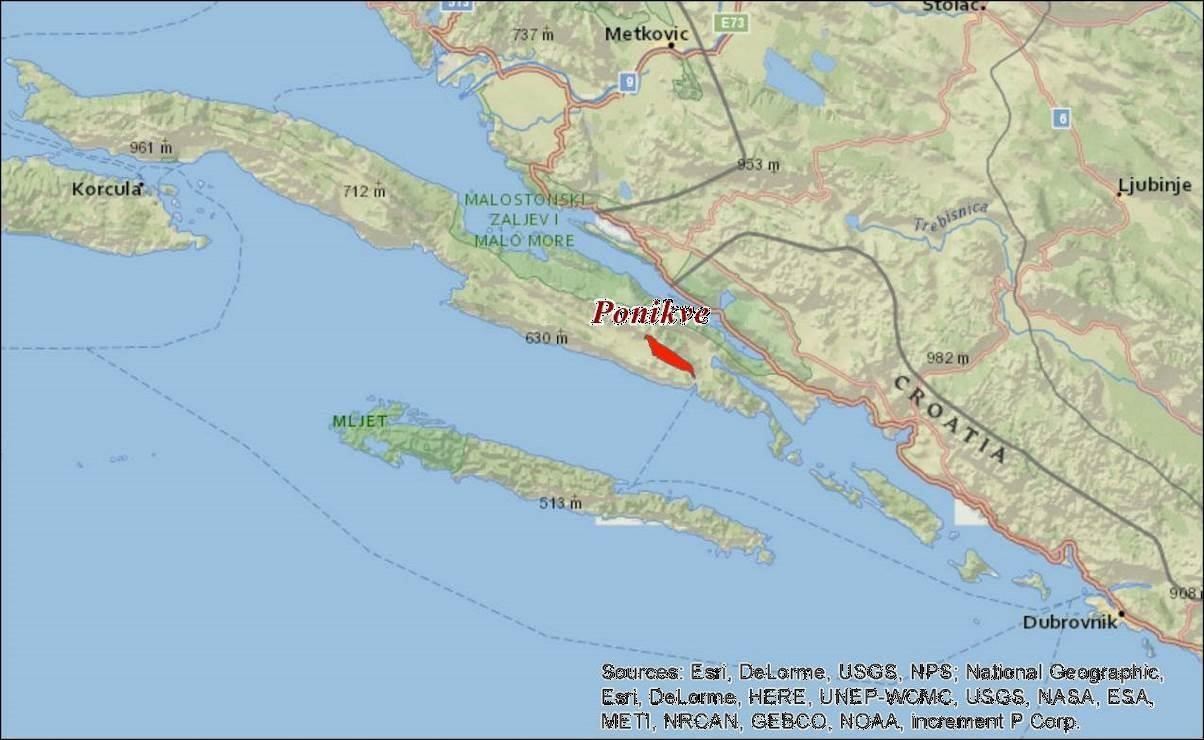
The ZOI "Ponikve" area is located on the Pelješac peninsula near the Municipality of Ston and is marked in red
The whole area is an outstanding example of the traditional way of raising vineyards with terraces and dry stone walls of attractive landscape architecture and view. The viticultural position of Ponikve is one of the most suitable terrains for growing vines on Pelješac, a peninsula well-known for its rich tradition of growing vines. Carefully selected places in Milo, Crnjava, at the foot of the hill Stari Grad, and all-day sunbathing give exceptional quality wine.
Apart from good wines, Ponikve is also known for excellent olive oil.
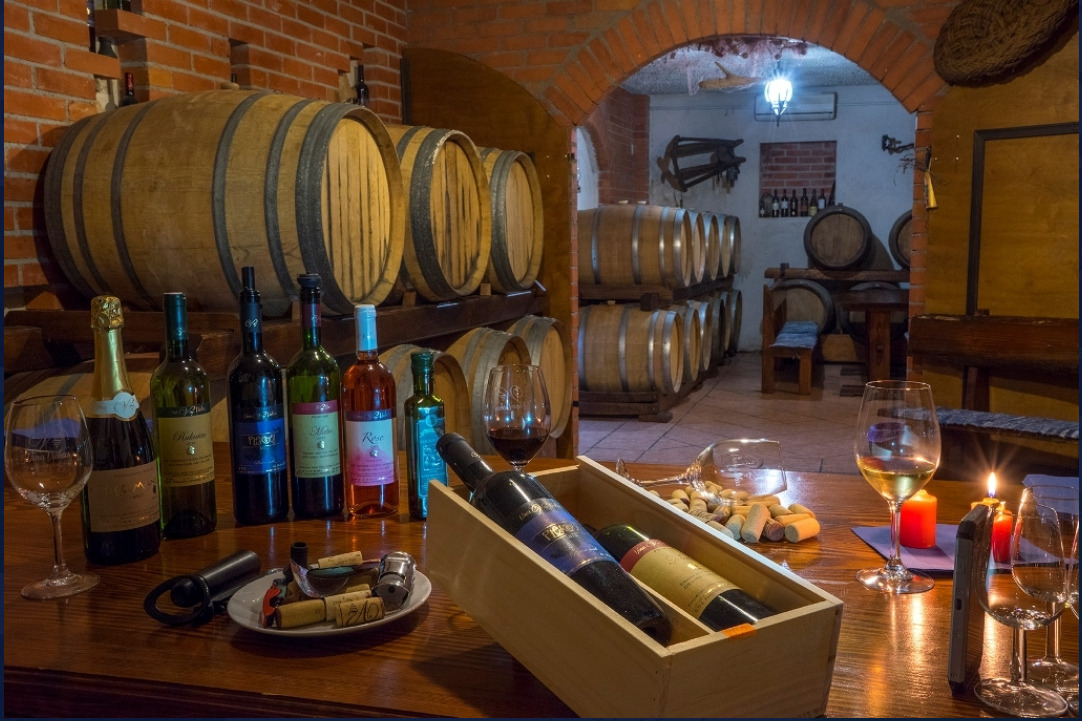
Ston.hr
Recognized black and white grape varieties are Plavac mali, Maraština, and white Pošip. The maximum yield per hectare is 11,000 kilograms or 6,600 liters of wine per hectare, according to the document "Product specification for the protected designation of origin Ponikve" by the Institute for Adriatic Crops and Karst Reclamation from Split.
The protection process for the locality Ponikve lasted for more than seven years, since 2013. The "Pelješac Wine Routes" Association was the project holder, while the development was entrusted to the mentioned institute. The Municipality of Ston, Dubrovnik-Neretva County, and the County Chamber of Commerce supported the Ponikve Site Protection Study production, reports Hina.
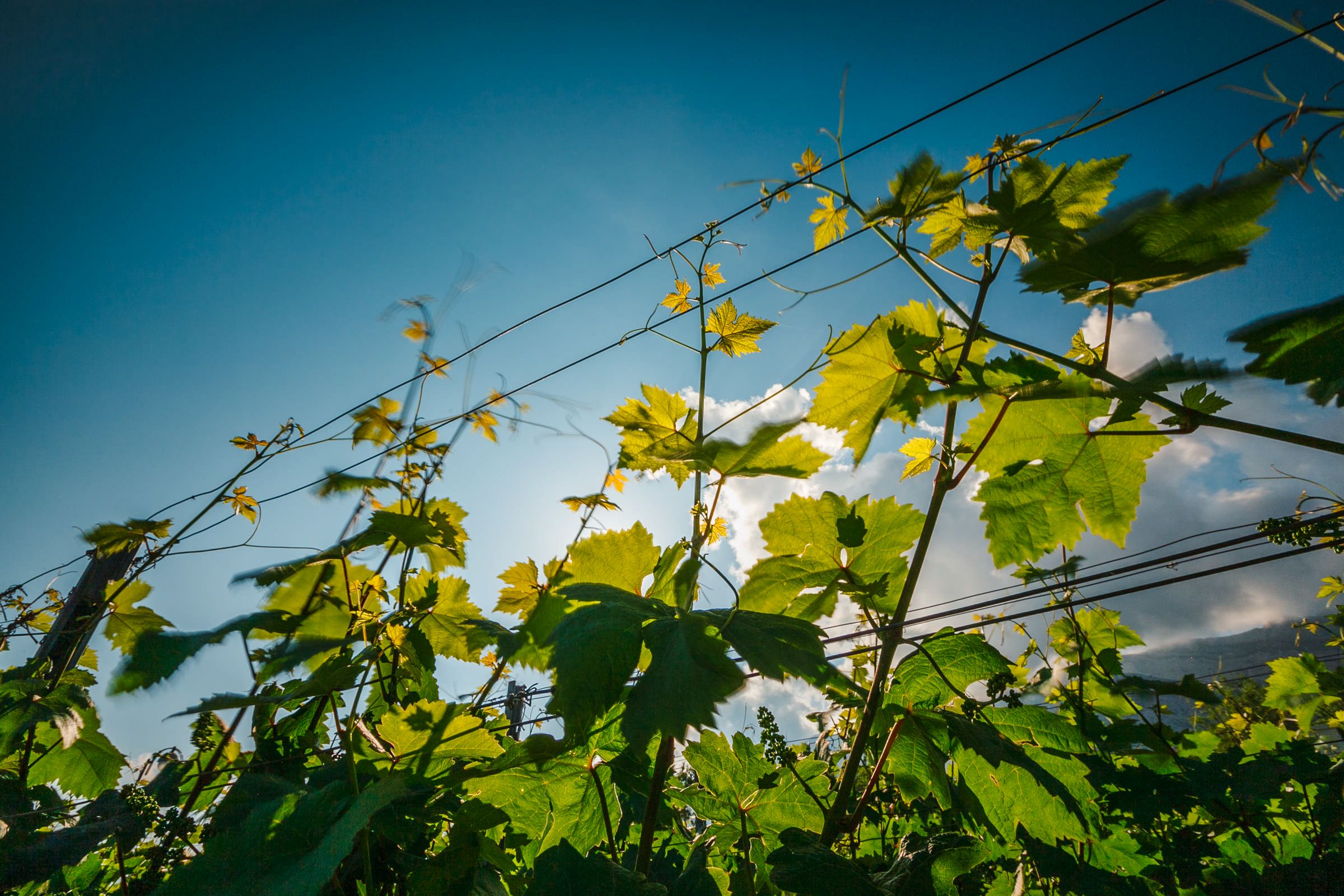
Photo: Romulić and Stojčić
To read more lifestyle news from Croatia, follow TCN's dedicated page.
Croatian Wine from Peljesac to Be Served at Joe Biden Presidential Inauguration
January 9, 2021 - Special occasions require special wines, which is probably why a Croatian red from Peljesac will be enjoyed at the January 20 Presidential inauguration of Joe Biden.
Where would America be without Croatia?
First, a little stone to build The White House, then a few vines to produce Zinfandel, then a little Super Bowl sports coaching with Bill Belichick.
And now, a little drop of red for the presidential inauguration.
Croatian media is reporting that the Benmosche Family Dingac will be served in Washington on the big day.
Croatian online wine merchants, The Wine and More, have more information about the wine in question, and the rather famous American connection:
Robert Benmosche, was the CEO of MetLife when he retired in 2006 to become a winemaker in Croatia. The Empire State native had built a wine collection of a few thousand bottles when a trip to Dubrovnik sparked an interest in making Zinfandel. Robert bought land on Pelješac peninsula, and planted Plavac mali grapes in protected region where Plavac mali gives the best results. And in Viganj he planted Zinfandel. At the time he was investing in vineyards, they found out that Zinfandel is genetically the same as Crljenak Kaštelanski. Both Dingac and Zinfandel are coming from young vineyards planted in 2006. Wines are made with traditional techniques and kept in barrique barrels for 12 months and in bottle another 18 months.
Croatia wine is of course no stranger to the biggest global ceremonies. At the coronation of Queen Elizabeth II in 1953, 11,000 bottles of the 1947 Ilockli Podrum Traminac were ordered for the Royal guests.
And if you would like to sample a bottle of the famous bottle, you still can, but bring your credit card. When I visited the winery last year, they still had 182 bottles of the 1947 left, with a cool price tag of 55,000 kuna (about US$9000) per bottle. Learn more in Croatia's Most Expensive Wine: Selling Well at 7,400 Euro a Bottle.
After University, Man Returns to Pelješac to Continue Family Tradition
As Poslovni Dnevnik/Marta Duic writes on the 30th of July, 2019, the Mikulić family from Pelješac entered this tourist season with a bit of a novelty on offer - glamping. With their campsite and their boutique winery in Mokalo and the Adriatic Hotel in Orebić, this investment was a logical next step.
"From classic tents, we've switched over to mega luxury and I don't think we've made a mistake in doing so. This is a unique offer not only in the county, but throughout the region," proclaimed Antonio Mikulić.
Mikulić explained that their Adriatic Hotel is the only one in all of Pelješac that operates for 365 days per year, it used to be a parish church, then it was a school, then it was a shop and an apartment building. He notes that none of the six rooms are the same, and thanks to their beautiful design, they're reminiscent of the old sailboats, which they're named after: Stipan, Paulina, Isac, Jacob, Mimbelli, and Pelag. Done in the eye-catching style of a luxury boat lounge, there is also an a la carte restaurant named Stari Kapetan, the terrace of which is a replica of a seventeenth-century ship.
"Our boutique winery is an upgrade the offer of our family-run hotel and campsite, accounting for about 25 percent of this business. Since we live in Orebić, the tourist centre of Pelješac, our market is right there on our doorstep and there's almost no guest who visits our winery who doesn't end up buying our olive oil or our family-branded wine. Although we sell almost everything we produce, we participate in fairs throughout the year, organise presentations, and send off our wines to be judged,'' added Mikulić.
This is a local Pelješac family which has always cultivated vineyards and produced wine. According to Mikulić, his grandfather Josip also worked in the highest quality wine, Plavac, which is cultivated in the family's vineyards in Pelješac to this very day, and in his honour, the wine bears the name Don Josip.
"As a kid, I went with my grandfather to the vineyards and to the cellar, and after graduating from university in Zagreb, I decided to return to Pelješac and devote myself to the job I love the most. We started producing wine in a serious way back in 2014, when we equipped the winery with modern technology and all of the equipment.
Since the guests of the family hotel responded excellently to the first bottles of wine, in March last year, we decided to open our boutique winery on the slopes of Postup (village in Pelješac), where we also do tastings and try to tell the story of the beauty of this peninsula, the weight that Pelješac carries, and premium wines,'' explained Mikulić. They annually produce about 15,000 bottles of Plavac Mali and about six thousand bottles of Pošip.
The Pošip wine is bought from subcontractors from the nearby island of Korcula, and about 80 percent of the Plavac comes from their vineyards that cover 2.5 hectares in the best positions on the slopes of Postup, while another 20 percent is purchased from subcontractors, winemakers who have vineyards next to theirs. In addition to the peninsula, these wines are present in family-run small hotels and in better restaurants, they can be found in Split and Zagreb for sale, and can also be purchased online.
Given that their main priority is high quality and that a good deal of wine is sold to wineries, as well as in the restaurant of the family's hotel and camp, they're not focused on exporting.
"The tasting room looks like an old Dalmatian tavern and is especially interesting to foreign guests, and often they stay longer than planned in the relaxed atmosphere. In the few years that we've been open, we have had guests from almost all European countries, as well as from all over the world.
The most numerous are guests from Germany, Austria, the USA and the Scandinavian countries. These modern guests want to get to know the place they've come to, they want to taste authentic food and wines, and they are especially interested in Plavac which is our indigenous variety, and best results are known to be provided on Pelješac.
We also worked hard on the winery last winter, we made a bank and an archive of wines, so we've rounded it all together with a diverse offer for all guests - from the winery, the beach bar, the beach restaurant, the glamping, the camp, the apartments, the rooms, the hotel, and the restaurant right in the centre of Orebić,'' concluded Mikulić.
Make sure to follow our dedicated lifestyle and business pages for much more.


